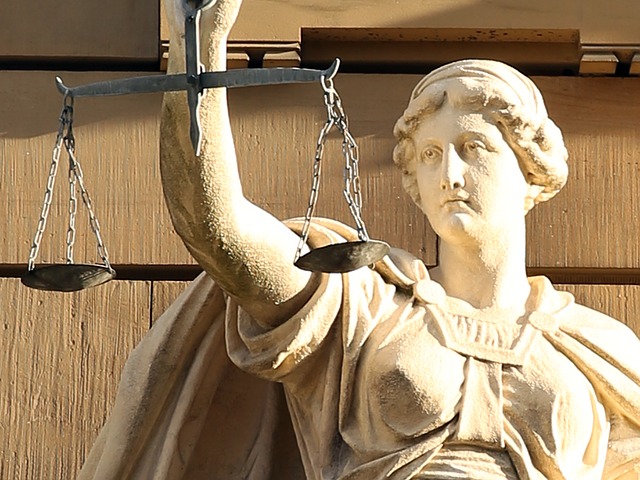Mitochondrial replacement techniques and Mexico
By César Palacios-González and María de Jesús Medina-Arellano,
Oxford University Press
| 03. 24. 2017
The birth of the the first child after a mitochondrial replacement technique has raised questions about the legality of such procedure. In this post we explore some of the legal issues surrounding this case.
Mitochondria are cellular organelles that generate the energy cells need to work properly. Two interesting features of mitochondria are that they are solely inherited via the maternal line and that they possess their own DNA. This means that in human cells there is the nuclear DNA and mitochondrial DNA. Mitochondrial DNA, with its 37 genes, accounts for 0.1% of the total human DNA. Disorders caused by mitochondria not working properly have been named ‘mitochondrial diseases’. Mitochondrial diseases, as stated by the Nuffield Council on Bioethics, “can be caused by either problems in the genes in the nucleus affecting mitochondrial function, or by problems in genes within the mitochondria themselves”.
Scientists have recently devised two techniques that would allow women affected by mitochondrial DNA diseases to have genetically related children free from disease. These techniques have been called mitochondrial replacement technique (MRTs), although some...
Related Articles
By Steve Rose, The Guardian | 01.28.2026
Ed Zitron, EZPR.com; Experience Summit stage;
Web Summit 2024 via Wikipedia Commons licensed under CC by 2.0
If some time in an entirely possible future they come to make a movie about “how the AI bubble burst”, Ed Zitron will...
By Shobita Parthasarathya, Science | 01.22.2026
These are extraordinarily challenging times for university researchers across the United States. After decades of government largess based on the idea that a large and well-financed research ecosystem will produce social and economic progress, there have been huge cuts in...
By Alondra Nelson, Science | 01.15.2026
One of the most interventionist approaches to technology governance in the United States in a generation has cloaked itself in the language of deregulation. In early December 2025, President Donald Trump took to Truth Social to announce a forthcoming “One...
By Andrew Gregory, The Guardian | 01.11.2026
Google has removed some of its artificial intelligence health summaries after a Guardian investigation found people were being put at risk of harm by false and misleading information.
The company has said its AI Overviews, which use generative AI to...




